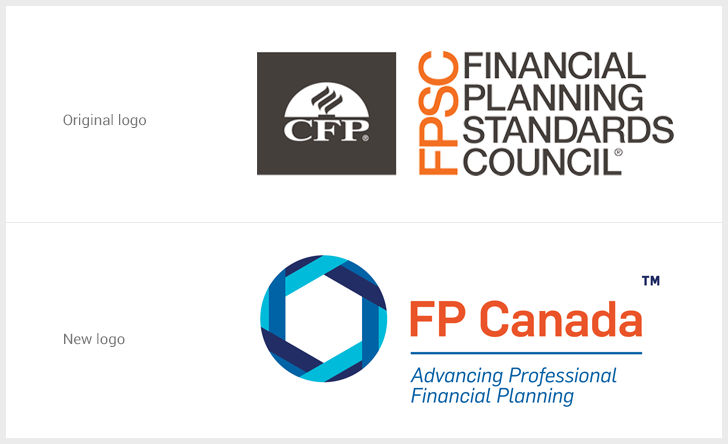The former Financial Planning Standards Council (FPSC) became FP Canada this week, a national professional body “dedicated to advancing professional financial planning.”
The new entity is made up of two divisions: the FP Canada Standards Council and the FP Canada Institute. The former is responsible for establishing and enforcing financial planning standards, setting certification requirements and other responsibilities formerly undertaken by the FPSC. The new division, the FP Canada Institute, will deliver professional education programs and other tools – discovery tools, techniques and templates – to prospective and existing financial planners.
In tandem with the launch of FP Canada, the FP Foundation will also be renamed the FP Canada Research Foundation.
FP Canada’s president and CEO, Cary List says the launch is about three years in the making.
Expanding scope beyond standards
“The creation of FP Canada and the FP Canada Institute was prompted more broadly by a need to expand FPSC’s scope beyond just standards, so the organization could rightly lead the advancement of professional financial planning,” he says.
Professional education component
“The Capstone needed to be improved and modernized, and with that we felt we were best equipped to handle the new subject matter such as behavioural economics, professional ethics and holistic financial planning. As a result, we determined that, like most other professional bodies, FPSC should take on the professional education component ourselves.”
He says colleges, universities and national education providers will remain key partners. “They’re still partners in the core education, the pre-requisite learning. They will remain key partners.”
16 education providers
FP Canada also has 16 education providers – colleges, universities and five national education providers – that will deliver core technical education for the Qualified Associate Financial Planner (QAFP) designation that will replace the current FPSC Level 1. (The QAFP replaces the current FPSC Level 1, effective January 1, 2020.)
Although the courses are not mandatory at the moment, going forward, List says FP Canada’s Introduction to Professional Ethics and the QAFP professional education program will soon become mandatory learning for those completing their QAFP or CFP designations.
Continuing education for specialists
Once the programs are rolled out, List says they will be then broken down into modules for CFP professionals who are interested in earning continuing education credits. The institute will also look in the next 18 to 24 months, at the development of continuing education for planners who specialize.
“Financial services are changing,” List says. “Technology is really causing the industry to rethink the value of the human advisor in general. We think financial planning, the human element of financial planning is where the real value lies. That means new learning for prospective and existing planners and it means rethinking what it means to be a CFP professional. This is really all about the future and making sure that we're building the best program to deliver the best value to consumers.”




